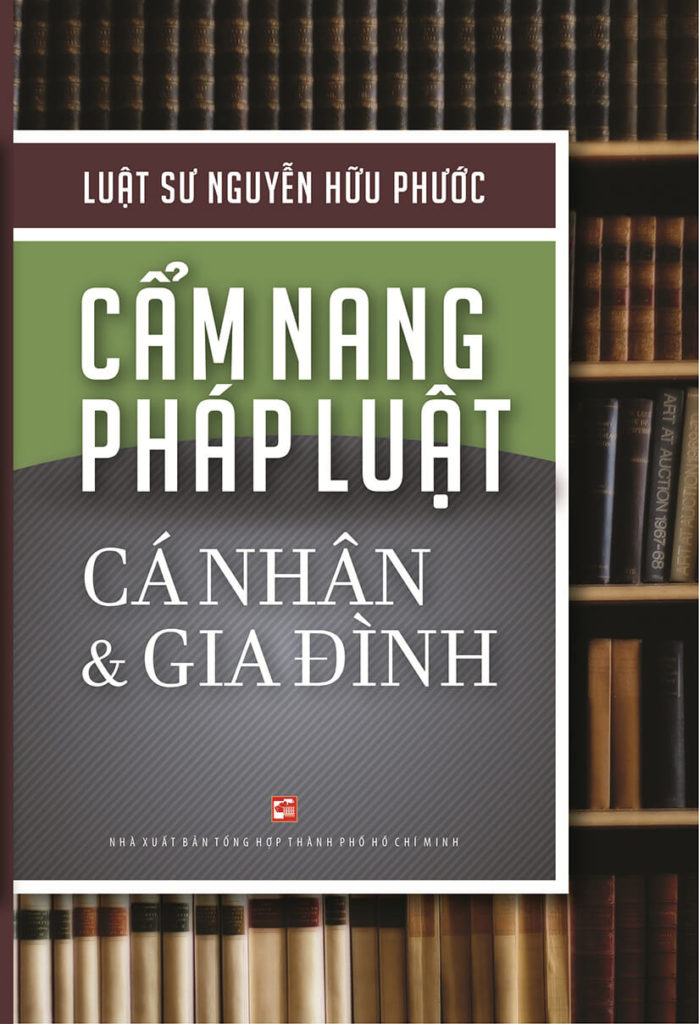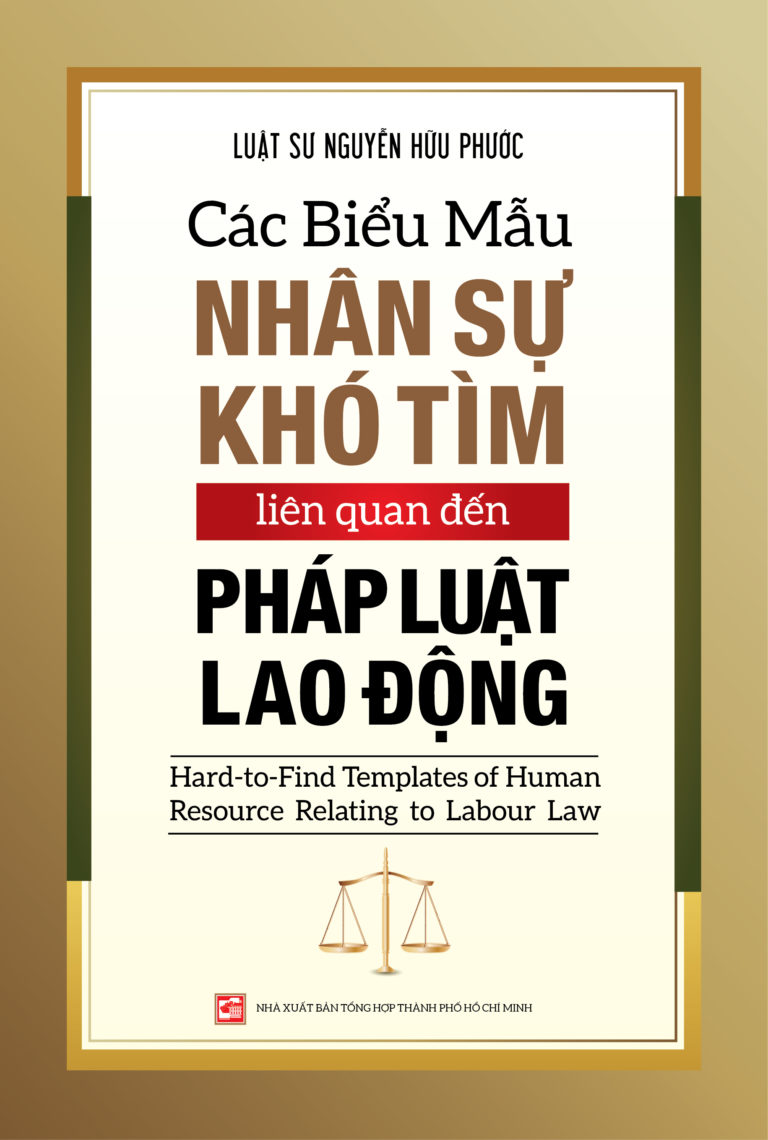LEGAL TRAINING METHODS FOR UNIVERSITY STUDENTS
In the current era, legal training for university students plays an extremely important and necessary role. This is not only a process of imparting knowledge but also an opportunity to form and develop the necessary skills for future legal practitioners. With the continuous development of society and the increasing demand for the legal profession, the guidance of legal training for university students is not only a task but also a responsibility of universities and legal training agencies. In this article, we will discuss the legal training methods for university students.
-
Effective Legal Training Methods:
a) Methods of using precedents and court decisions:
Using precedents and court decisions is an important method in the process of teaching and learning law. This method focuses on using precedents and actual court decisions to teach and guide students. Through the analysis of case study, students have the opportunity to better understand the trial process, how the law is applied in practice, and develop skills in analysis, critical thinking and application of law.
During the learning process, the reference and application of case law and court decisions not only helps students follow the legal proceedings but also learn the perspectives of settlement bodies, and the competent people in charge of conducting the legal proceedings in practice.
b) Case Method:
The method of teaching using real cases is one that has long been developed in advanced countries such as the United States, and European Union countries. In the field of law, this method began to take shape in the 1870s, when Professor Christopher Columbus Langdell (Harvard Law School (USA)), proposed to change the teaching method from traditional (mainly teaching theory and practice is the task of students) to one that uses the case.
This method focuses on using real-life cases to teach and guide students. Instead of focusing solely on theoretical teaching, students are required to analyse and discuss specific legal situations, which helps students apply theory to practice flexibly and confidently. In addition, this method also helps students develop the ability to read and analyse cases – essential skills of a future lawyer. Students are encouraged to analyse cases based on factors such as legal issues, the basis on which the court makes its decision. This helps students better understand the spirit and application of legal regulations, and develop the ability to apply regulations in real-life situations.
Methods of using Case Method is considered a new approach in teaching and learning law. By using real-life cases, this method piques students’ curiosity and critical thinking. Instead of sitting in a classroom and listening to lectures, students are motivated to ask questions, think about complex legal situations, and look for different solutions to solve cases.
c) Moot Court:
A Moot Court is a simulation of a mock trial situation in which students act as lawyers and argue a mock case before a presumptive constituted jury. This is a common method of teaching and practising law at many universities around the world.
This method focuses on holding moot trials in which students act as lawyers and argue with each other before a jury. This helps students practice communication, critical and reasoning skills, and better understand the legal process when solving cases in practice. Participating in the mock trial, the student must prepare thoroughly, enhance legal knowledge related to the case, build logical arguments and convince the judge of his point of view. This not only helps students develop their legal skills, but also trains their logical thinking skills and persuasive abilities, helping them become more confident when facing real-life situations in the future.
In Vietnam, although the Moot Court option is not as popular as in some other developed countries, law universities have also focused on this activity.
d) Role play:
The Role play method is a useful means of helping students engage in hypothetical scenarios related to specific legal situations. This method is often applied at legal practice training institutions such as the Judicial Academy, which trains lawyers, judges and prosecutors. However, in recent years, law bachelor universities have also begun to apply this method to develop students’ skills in applying law.
For this method, the teacher needs to make a brief request about an appropriate situation or scenario, based on the needs, qualifications of the student, or the social situation. From there, students need to research, develop the content of the script, and come up with ideas and dialogues suitable for their roles, based on their knowledge and abilities. After that, the lecturer will assign tasks to the students or students to discuss and assign themselves to prepare dialogue, costumes and other necessary information so that they can take on the roles confidently. Role casting is also an important step, helping students understand their roles and focus on specific tasks. At the end of the role-play, students will summarise, discuss the content of the situation and make an assessment report, thereby helping students review their knowledge and have a more multi-dimensional view from all aspects of a case.
The Role play method is a useful tool in teaching and learning law, helping students apply knowledge in practice vividly and effectively, developing students’ teamwork skills.
e) Field trip
A field tour is not only a learning opportunity but also an enjoyable experience. Faculty and universities often organise students to visit venues such as courts to attend a hearing, or visit law firm’s offices to understand how lawyers work, workspace, and understand more about their daily work. Students can also visit public administration offices such as the business registration office of the Department of Planning and Investment, or visit a factory to assess compliance with the law on occupational safety and hygiene at the workplace. This learning method helps Law students to meet experts, visit organisations related to the field of study, thereby having practical experiences about society and better understanding of the future working environment.
f) Attending Seminar
Seminars at universities are often attended by leading experts in the field of Law, be they university teachers, prestigious scholars, lawyers, judges, or prosecutors with extensive practical experience in the application of law.
At the seminars, students not only have the opportunity to learn and improve knowledge and practical experience from leading experts but also have the opportunity to exchange, connect and exchange their ideas. Thanks to such seminars, students will have the opportunity to apply their legal knowledge and skills to solving specific situations.
-
Conclude:
From the above analysis, it can be seen that in order to improve the quality of legal training for university students in the field of law, universities need to combine a variety of teaching methods to help students have the opportunity to apply their knowledge and skills in practice, improve students’ competencies so that they are capable of working effectively after graduation.
The above is an overview related to legal training methods for university students that Phuoc and Associates share with readers. If you have difficulties in finding a Law Firm to advise and support in the relevant legal field, please contact us. Phuoc & Partners is a professional consulting firm established in Vietnam and currently has nearly 100 members working in three offices in Ho Chi Minh City, Hanoi and Danang. Phuoc & Partners is also rated as one of the leading consulting firms specialising in business law in Vietnam that has leading practice areas in the legal market such as Labour and Employment, Taxation, Merger and acquisition, Litigation. We are confident in providing Clients with optimal and effective service.










